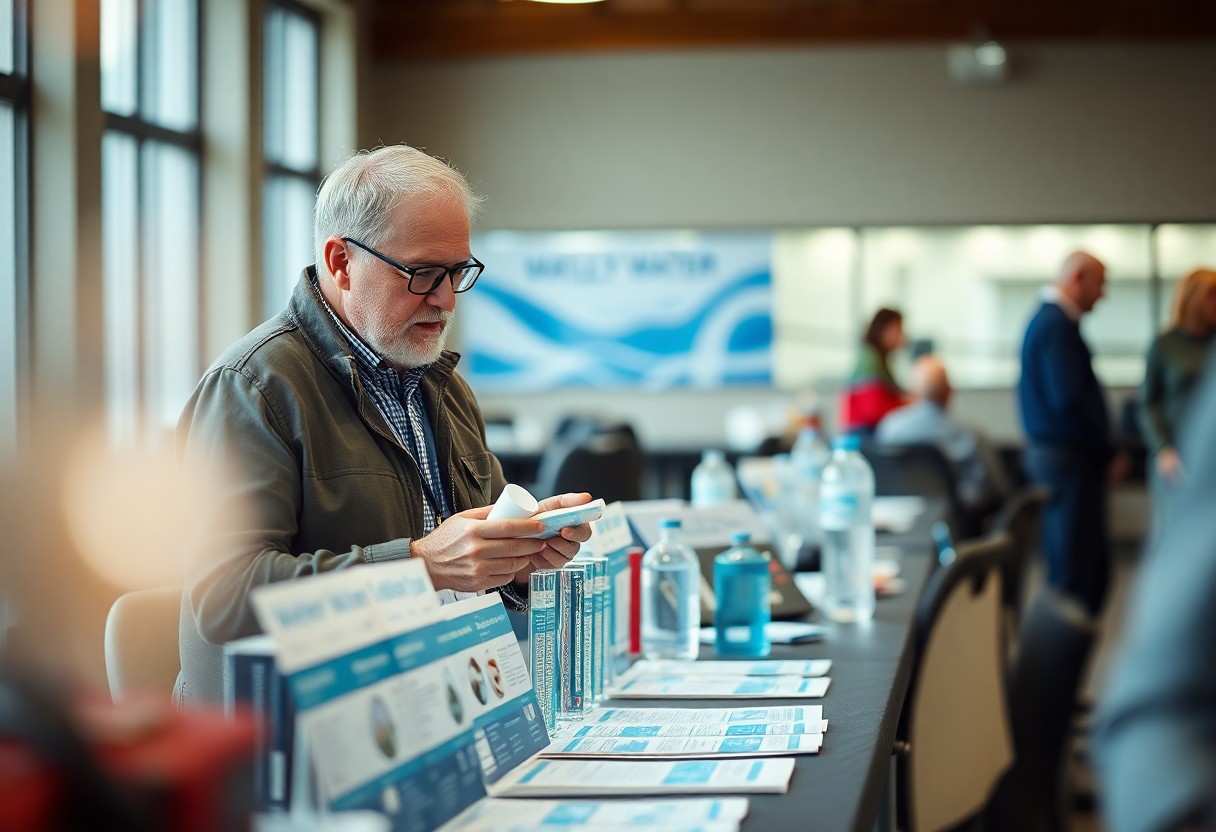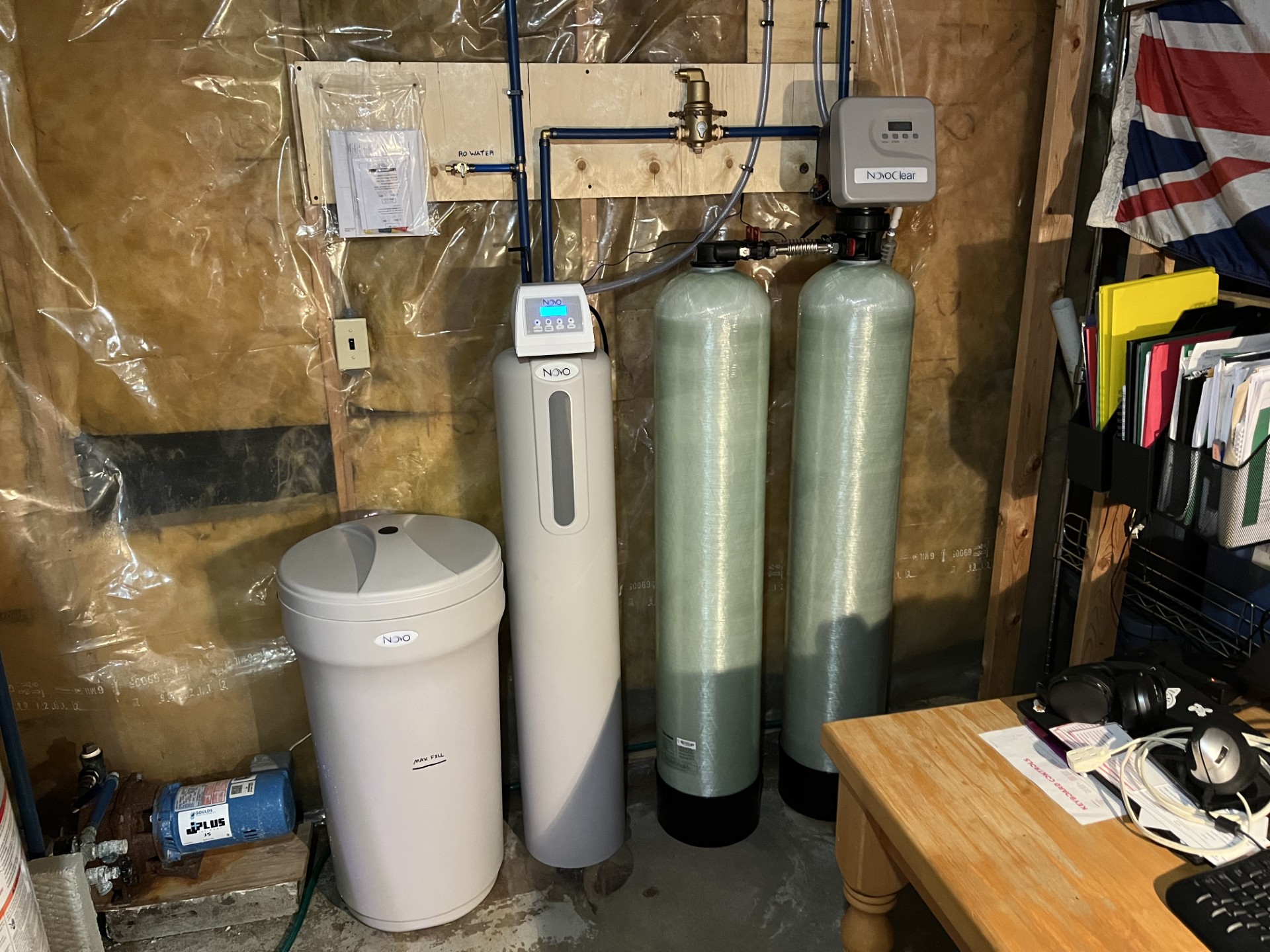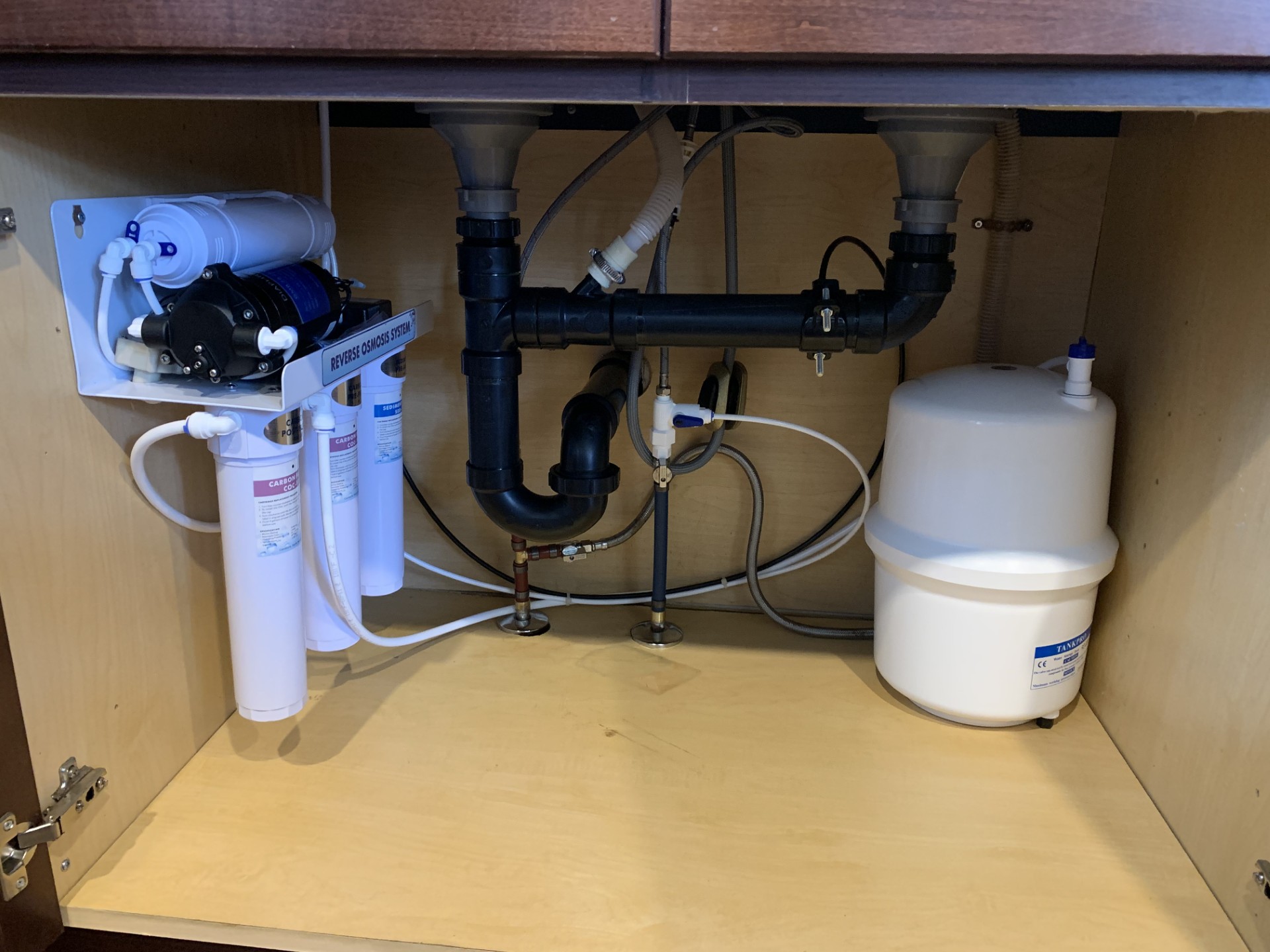With the increasing concerns about water quality, it’s crucial for you as a Greely resident to understand your options for water treatment. Whether you’re dealing with hard water, contaminants, or simply seeking better-tasting water, knowing how to assess your needs can lead to more informed decisions. In this post, we will explore key factors to consider when evaluating water treatment solutions, helping you make the best choices for your household and ensuring your drinking water is both safe and enjoyable.
Understanding Water Quality
Your awareness of water quality is necessary in ensuring you and your family have safe drinking water. Water quality is determined by the presence of various physical, chemical, and biological factors that can affect your health. Knowing how these elements interact can help you make informed decisions regarding water treatment options in Greely.
Common Water Contaminants
Behind the scenes, various contaminants may be lurking in your water supply. Common issues include bacteria, lead, nitrates, and chlorine. Each of these contaminants can pose health risks, making it necessary for you to understand what might be present in your water to address any potential problems effectively.
Assessing Local Water Sources
Water sources often vary within your community and might be influenced by local agricultural practices, industrial activities, or even geological formations. Understanding the nature of these sources can be instrumental in evaluating potential contaminants and their concentrations.
It is important for you to investigate both surface and groundwater sources that supply your community. Consider reviewing local water quality reports and engaging with community resources that monitor these sources. Additionally, attending public meetings can provide insights into ongoing concerns and planned improvements, enhancing your understanding of the overall water supply in Greely.
Water Treatment Options
If you live in Greely, you have several water treatment options to choose from, which can address specific impurities and improve the safety and taste of your water. Common methods include reverse osmosis, water softening, UV filtration, and activated carbon filters. Understanding these options will help you make informed decisions that best suit your household needs.
Overview of Treatment Methods
Around the world, diverse methods are utilized for water treatment, each designed to target specific contaminants and enhance water quality. From chemical treatments to mechanical systems, these approaches can improve drinking water’s safety and palatability. Exploring these methods allows you to select a treatment solution that aligns with your water quality concerns.
Pros and Cons of Each Method
Pros and Cons of Each Method
| Pros | Cons |
|---|---|
| Effective against contaminants | May require energy to operate |
| Improves taste and odor | Initial installation costs can be high |
| Variety of options available | Regular maintenance needed |
| Environmentally friendly options available | Can waste water (e.g., reverse osmosis) |
| Increases property value | Requires space for equipment |
| Customizable to your needs | Complexity can be overwhelming |
| Reduces harmful substances | May not eliminate all contaminants |
| Improves overall health | Potential for chemical by-products |
| Enhances appliance lifespan | Some require plumbing adjustments |
| Reliable technology | Long-term operational costs |
Among the many options, each treatment method presents distinct advantages and disadvantages that you should review. For instance, while reverse osmosis effectively removes several contaminants, it may waste some water in the process. Activated carbon filters are user-friendly but may need frequent replacement to maintain effectiveness. Evaluating these pros and cons can help you select the most suitable method for your household’s water treatment needs.
Further, understanding these pros and cons can help you make an informed decision based on your priorities and needs. You’ll want to balance criteria such as cost, effectiveness, and maintenance to ensure your chosen water treatment method aligns with your lifestyle. By weighing the advantages against the drawbacks, you can find a solution that not only works well but fits seamlessly into your routine.
Cost Considerations
It’s imperative to evaluate the cost implications of different water treatment options when making informed decisions. Prices can vary significantly depending on technology, installation, and maintenance requirements. Weighing immediate expense against long-term benefits will help you determine the best value for your investment.
Initial Investment vs. Long-Term Savings
Before selecting a water treatment system, consider the balance between initial investment costs and potential long-term savings. While cheaper options may save you money upfront, more efficient systems could reduce yearly expenses on water quality and household maintenance, ultimately benefiting you financially over time.
Maintenance and Operational Costs
Around your water treatment system, understanding ongoing maintenance and operational costs is vital to budget effectively. Regular upkeep can include filter replacements, routine inspections, and energy costs associated with running the system. These factors collectively influence the total cost of ownership.
Considerations for maintenance and operational costs should extend beyond initial outlay. You’ll want to assess the longevity and efficiency of the system you choose, as higher-quality units may demand less frequent servicing, reducing your overall expenses. Additionally, some treatments may require specific supplies or expertise, influencing costs in the long run. Don’t overlook these factors when planning your water treatment strategy.
Environmental Impact
Once again, considering the environmental impact of water treatment options is vital for Greely residents. The methods you select can influence local ecosystems, water quality, and overall sustainability. By prioritizing environmentally friendly practices, such as reducing chemical usage or opting for natural filtration systems, you can help preserve not only your water supply but also the surrounding environment. Understanding these effects is key to making informed decisions that benefit both your household and your community.
Sustainability of Treatment Methods
Across various treatment methods, sustainability plays a significant role in determining their long-term effectiveness and impact. You should evaluate options that not only meet your water quality needs but also focus on renewable resources and efficiency. Sustainable practices can reduce energy consumption and waste, making your water treatment choices environmentally friendly while still ensuring safe drinking water.
Local Regulations and Standards
For Greely residents, adhering to local regulations and standards is crucial when choosing water treatment methods. These guidelines ensure that the options you select meet safety, health, and environmental criteria established by your community.
Treatment options must comply with local regulations, which outline acceptable levels of contaminants and required monitoring practices. By familiarizing yourself with these rules, you’ll be better equipped to select appropriate methods that not only fulfill your water quality needs but also align with community health initiatives. Remaining informed about local standards can empower you to choose solutions that promote both safety and environmental stewardship.

Resources for Research
All Greely residents have access to a variety of resources that can aid in making informed choices about water treatment. Utilizing these tools can empower you to understand the quality of your water and the available treatment options tailored to your needs.
Online Tools and Databases
Along with governmental and nonprofit websites, there are numerous online tools and databases that provide information on water quality reports, treatment methods, and local regulations. Search for resources that offer comparisons of water treatment systems and information on contaminants to enhance your understanding.
Local Expert Consultations
Before you make any decisions about water treatment, consulting local experts can provide you with personalized guidance tailored to your specific situation. They can answer your questions while offering insights into the latest technology and best practices for your water quality needs.
With local expert consultations, you have the opportunity to gain firsthand knowledge from water treatment professionals. They can assess your water quality, discuss potential contaminants, and recommend appropriate treatment solutions. These consultations not only clarify your options but also ensure that you make the best choice based on accurate, local information tailored to your unique circumstances.
Community Engagement
For Greely residents, community engagement serves as a vital tool for making informed water treatment decisions. By actively participating in local discussions and events, you gain valuable insights and foster connections with your neighbors, which can lead to a greater collective understanding of water-related issues. This shared knowledge empowers you to advocate for effective solutions in a collaborative manner, strengthening your community’s overall resilience.
Addressing Community Concerns
Community members often have varying concerns about water treatment, ranging from safety to environmental impact. By engaging in open dialogues, you can voice your questions or apprehensions, contributing to a collective awareness that may prompt local officials to take action. This engagement helps ensure that your concerns are not overlooked and encourages transparency in the decision-making process.
Participating in Local Initiatives
Around Greely, participating in local initiatives can significantly enhance your understanding of water treatment options. Local organizations often host workshops, town halls, and other gatherings where you can learn from experts and share your opinions. Such involvement not only enhances your knowledge but also strengthens community ties, empowering you to make informed decisions about your water treatment needs.
It is imperative to actively participate in local initiatives to stay informed about water-related matters. Engaging with organizations, attending community meetings, and contributing to discussions allows you to be part of the decision-making process. By doing so, you can help shape policies that directly affect your community’s water quality. Whether it’s volunteering for a clean-up day, joining a local environmental group, or simply attending informational sessions, each action you take elevates community awareness and helps advocate for sustainable solutions in water management.
Conclusion
Following this guide, you can make informed choices about water treatment in Greely by educating yourself on available options, understanding local water characteristics, and consulting professionals. Regularly testing your water quality and staying updated on municipal reports will empower you to select the best treatment methods for your household needs. By prioritizing knowledge and proactive measures, you ensure that your water is safe, healthy, and tailored to your specific requirements.


